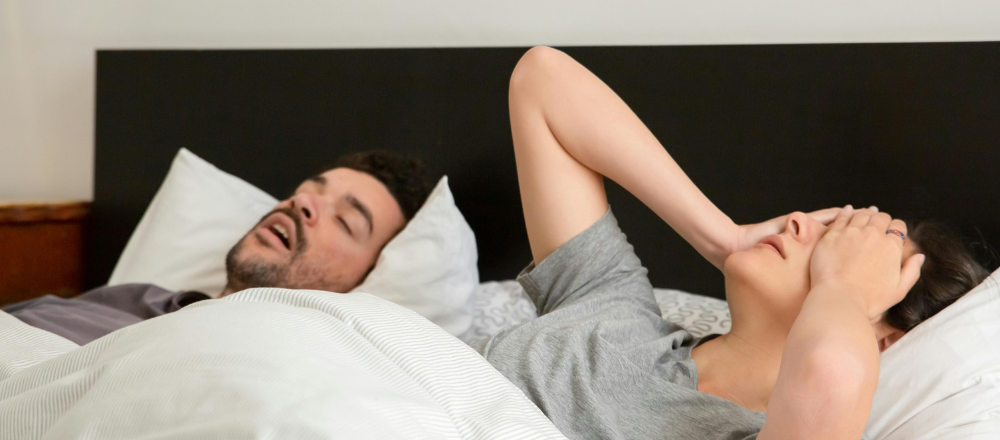An Overview of the Link Between Mental Health and Sleep Disorders
- Posted On: November 15, 2024
- Posted By: admin

There is a strong correlation between your sleep and mental health. Sleep plays a vital role in your mental and emotional behavior. Numerous mental health conditions like schizophrenia, anxiety, and depression are all connected to sleep disturbances. Similarly, these mental health issues will make your sleep issues more worse. So, developing successful remedies and promoting your general well-being requires an understanding of this link.
How Sleep Affects Mental Health
Sleep is a healing process that will allow your mind and body to heal and restructure. Your brain will process your emotions, solidify memories, and eliminate pollutants when you will sleep. According to research, if you are sleep deprived or have a poor quality of sleep then it will affect your brain function, raise your stress levels, and interfere with your emotional regulation.
The amygdala is the area of your brain that will process your emotions and is also responsible for making you sleep-deprived. Some symptoms of anxiety and depression are mood swings, impatience, and a diminished capacity to cope up with stress. The prefrontal cortex will control your higher-order thinking and decision-making, which is hampered by sleep deprivation. This will lead to an increase in impulsivity and a decrease in coping mechanisms in your brain for facing daily basis difficulties.
How Mental Health Disorders Affect Sleep
On the other hand, mental health conditions will cause sleep disturbances that will result in irregular sleep schedules like hypersomnia, or insomnia. For example, depression is linked with hypersomnia, which is a condition in which you will feel exhausted even after sleep. Also, you will feel insomnia, a condition in which you will find trouble in falling or staying asleep. This will create a vicious cycle in which depression symptoms will worsen due to inadequate sleep and vice versa.
Another major factor that will contribute with your sleep problems is anxiety. If you are suffering from anxiety problems then there is a probability that you will face hyperarousal. Also, panic attacks are related with bipolar illness, which will also have a distinct effect on your sleep. If you are facing insomnia or a decreased desire for sleep during periods, then there is a possibility that you will face oversleeping or disturbed sleep.
Another mental illness condition linked to irregular sleep patterns is schizophrenia. The cognitive and emotional difficulties linked to schizophrenia will be exacerbated by symptoms like nightmares, and irregular sleep and wake-up cycles.
The Cycle of Sleep and Mental Health
Sleep and mental health have a reciprocal link between each other. This link will create a vicious cycle. It will become difficult for you to get more restful sleep.
Treatments and Approaches
It is essential to treat your mental health conditions and sleep disturbances. Cognitive-behavioral therapy (CBT) is one such effective treatment. It is best for effective treatment of insomnia, especially if you have anxiety and depression. In this condition, medicines like antidepressants will be helpful for you. But, you must take these medicines carefully to prevent its addiction.
Additionally, practicing relaxation methods and good sleep hygiene will promote your sleep to higher quality.
Conclusion
Lastly, there are millions of people all around the world who are impacted by the intricate and interwoven relationship between their sleep issues and mental health. But by acknowledging the link between sleep and mental health, you can easily manage these issues.